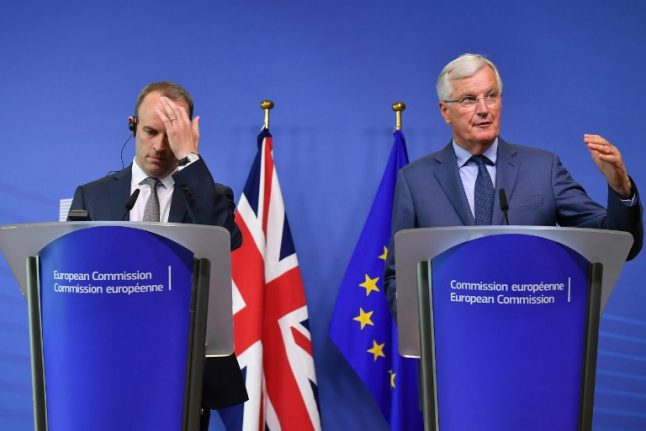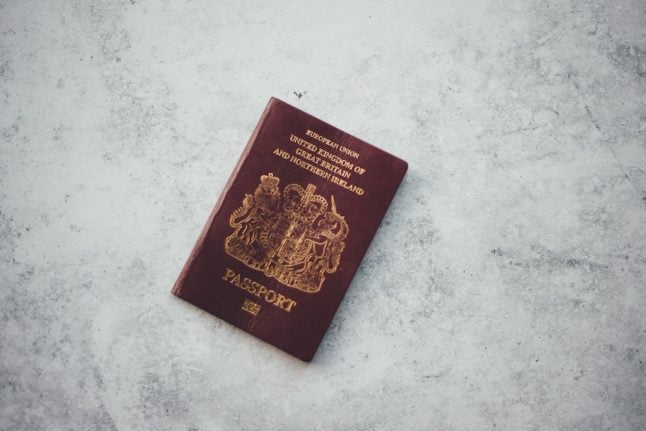Britain is set to leave the bloc on Mar 30, but the two sides want to strike the divorce agreement by the Oct 18 to 19 EU summit to give their parliaments enough time to endorse a deal.
“If we consider the time needed for the ratification of the exit agreement by the British parliament as well as by the European Parliament, then we must conclude the negotiations by mid-November. That is possible,” Brexit negotiator, Michel Barnier told Sunday's edition of the Frankfurter Allgemeine Zeitung.
“We don't need more time. What we need are political decisions,” he said.
But talks are currently deadlocked on key issues, including how to avoid a hard border between EU member Ireland and the British province of Northern Ireland, and on the future trading relationship.
Given the impasse, both sides have begun floating the idea of extending the discussions.
Britain's Brexit minister Dominic Raab on Wednesday said there is “leeway” to miss the deadline of reaching a deal ahead of the October summit.
The EU meanwhile aims to grant Britain a transition period until the end of 2020 allowing businesses and others time to adjust to a post-Brexit future.



 Please whitelist us to continue reading.
Please whitelist us to continue reading.
Member comments